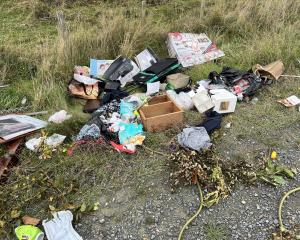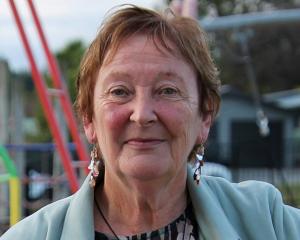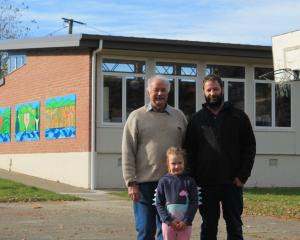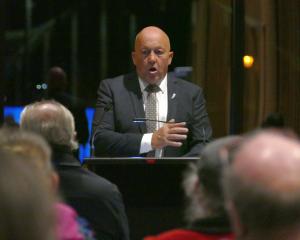
Michelle and Tony Pringle’s Clutha Valley agri-business Agreeable Nature is "committed to sustainable ... regenerative farming processes" including free-range egg production, and featured on TVNZ’s Country Calendar on March 1, 2020.
Twenty-four days later, the country was in Covid-19 lockdown.
"We lost about 80% of our business when cafes, restaurants, bakeries, shops and farmers markets closed for the lockdowns," Mrs Pringle said.
Many small-scale egg producers went under along with the businesses they supplied, but survivors like Agreeable Nature have new hurdles to overcome in order to take advantage of the recent demand, Mrs Pringle said
"We want to supply the natural, high-quality, nutrient-dense food everybody deserves but new regulations and compliance costs make it a lot more challenging to get back to where we were pre-Covid."
On July 1, 2022, a new set of redesigned animal product regulations and notices came into effect, reconfiguring industry requirements for farm infrastructure, animal and product testing, MPI auditing and other compliance with related bureaucracy and financial costs.
Large producers with strong administration and legal resources would manage the new regulatory structure far more easily than small producers with low staff numbers and limited cash reserves, Mrs Pringle said.
The national egg shortage coincides with a global trend which has been mainly attributed to the biggest outbreak of avian-flu on record.
Scores of millions of birds have died or been culled overseas while suppliers everywhere are challenged by rising costs of freight, packaging and feed.
Door-to-door inquiries found Balclutha eateries were still able to get all the eggs they needed from wholesalers, but prices had increased significantly.
Many preferred to use free-range for whole-egg meals like eggs benedict but used cheaper, barn-laid options as ingredients in other dishes.
Barn or "cage-free" hens are farmed in large sheds with a litter floor, perches and nest boxes for laying, but birds do not have access to outdoors.
Mrs Pringle said her farm’s return to a fully free-range flock of 6500 hens would be a slow, costly process, and these days even damaged eggs were in demand.
"Cracked eggs used to be waste ... We used as many as we could on the pigs and (enriching) fertiliser and dumped the rest. But now, if they’re fresh and refrigerated we can supply them to businesses that guarantee they’ll be used in cooking."
Legislation phasing out caged eggs was first introduced in 2012.












